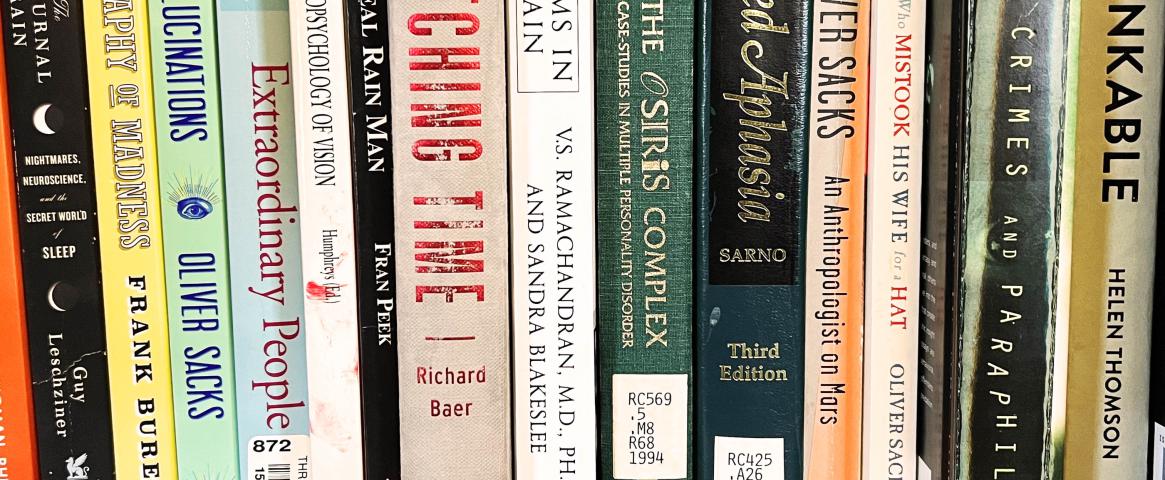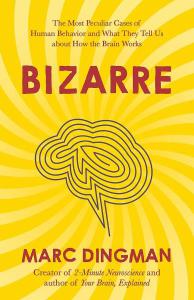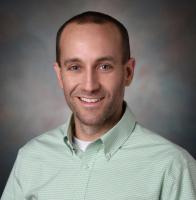
Marc Dingman—Bizarre: The Most Peculiar Cases of Human Behavior and What They Tell Us about How the Brain Works
AND WHAT THEY TELL US ABOUT HOW THE BRAIN WORKS
Marc Dingman
Nicholas Brealey Publishing, Feb 7, 2023
Paperback, $19.95, e-pub, $19.99
ISBN-13: 978-1399801201
ASIN: B0BQHWDJ1Q
Dingman reports:
In Bizarre, I describe an assortment of unusual conditions and human behaviors and explore what might be going on in the brain to cause them. Some of the conditions I discuss are rare; these include clinical lycanthropy, a disorder that prompts individuals to believe they can change into an animal such as a wolf, snake, cow, or even a gerbil. Others involve strange behaviors we all exhibit on a regular basis, such as making decisions without consciously thinking about them or getting angry at a piece of technology as if it were a living entity.
I wrote the book for readers with no neuroscience background, aiming to boost understanding of this topic by tying each behavior or condition back to the brain.Rare cases fascinate me; they sparked my interest in neuroscience while I was an undergraduate. When I first read about alien hand syndrome, a condition where one hand/limb acts with a mind of its own, often against the desires of its owner, I became hooked on learning about the brain. I was amazed that such a peculiar behavior could emerge from our own heads.
To gather information for this book, I combed scientific and popular literature to find case studies of patients with rare disorders and examples of unusual human behavior. I then scoured neuroscience research, relying heavily on my neuroscience background to identify possible explanations for those disorders and behaviors, most of which are not fully understood.
This is my second book on the brain. I feel fortunate that the publisher of my first book, Your Brain Explained, offered to publish this one as well. My agent, Linda Konner, facilitated both deals.
The most difficult part of writing Bizarre was finding time to write during the COVID-19 pandemic. Although quarantined at home, I had a full-time job teaching neuroscience at Penn State and two children under age 10 being home-schooled. This left me with little time during normal waking hours to write. I decided the only way to complete the book was to get up before everyone else and do the bulk of my writing then. I began arising at 4 AM every day to write. Now that the writing is over, I’m enjoying sleeping until after the sun rises.
Contact info:
- Marc Dingman: 814-769-9472, mad193@psu.edu, https://neuroscientificallychallenged.com/, @neurochallenged
- Book: https://nbuspublishing.com/bizarre
- Marketing: Sarah Orthmann, Sarah.Orthmann@hbgusa.com
- Agent: Linda Konner, ldkonner@cs.com
NASW members: will your book be published soon? Take advantage of this opportunity for shameless self-promotion. Submit your report for Advance Copy.
Tell your fellow NASW members how you came up with the idea for your book, developed a proposal, found an agent and publisher, funded and conducted research, and put the book together. Include what you wish you had known before you began working on your book, or had done differently.
See https://www.nasw.org/advance-copy-submission-guidelines.
Review Advance Copy archives at https://www.nasw.org/member-article/advance-copy.
Thinking of writing a book? If you are a NASW member, you may access a list of more than 150 books and online resources to help you create your book proposal, find an agent and funding sources, negotiate your contract, learn about self-publishing, publicize and market your book, and more at https://www.nasw.org/article/write-book.
Send book info and questions about book publishing to Lynne Lamberg, NASW book editor, llamberg@nasw.org.
Follow @LynneLamberg on Twitter for news about science/medical books and writing.
Banner image adapted from original photo by Marc Dingman. NASW members: share photos of your office bookshelves for use elsewhere on the NASW website. Upload photos to bit.ly/naswpicsubmit
Advance Copy
The path from idea to book may take myriad routes. The Advance Copy column, started in 2000 by NASW volunteer book editor Lynne Lamberg, features NASW authors telling the stories behind their books. Authors are asked to report how they got their idea, honed it into a proposal, found an agent and a publisher, funded and conducted their research, and organized their writing process. They also are asked to share what they wish they’d known when they started or would do differently next time, and what advice they can offer aspiring authors. Lamberg edits the authors’ answers to produce the Advance Copy reports.
NASW members: Will your book be published soon? Visit www.nasw.org/advance-copy-submission-guidelines for information on submitting your report.
Publication of NASW author reports in Advance Copy does not constitute NASW's endorsement of any publication or the ideas, values, or material contained within or espoused by authors or their books. We hope this column stimulates productive discussions on important topics now and in the future as both science and societies progress. We welcome your discussion in the comments section below.


